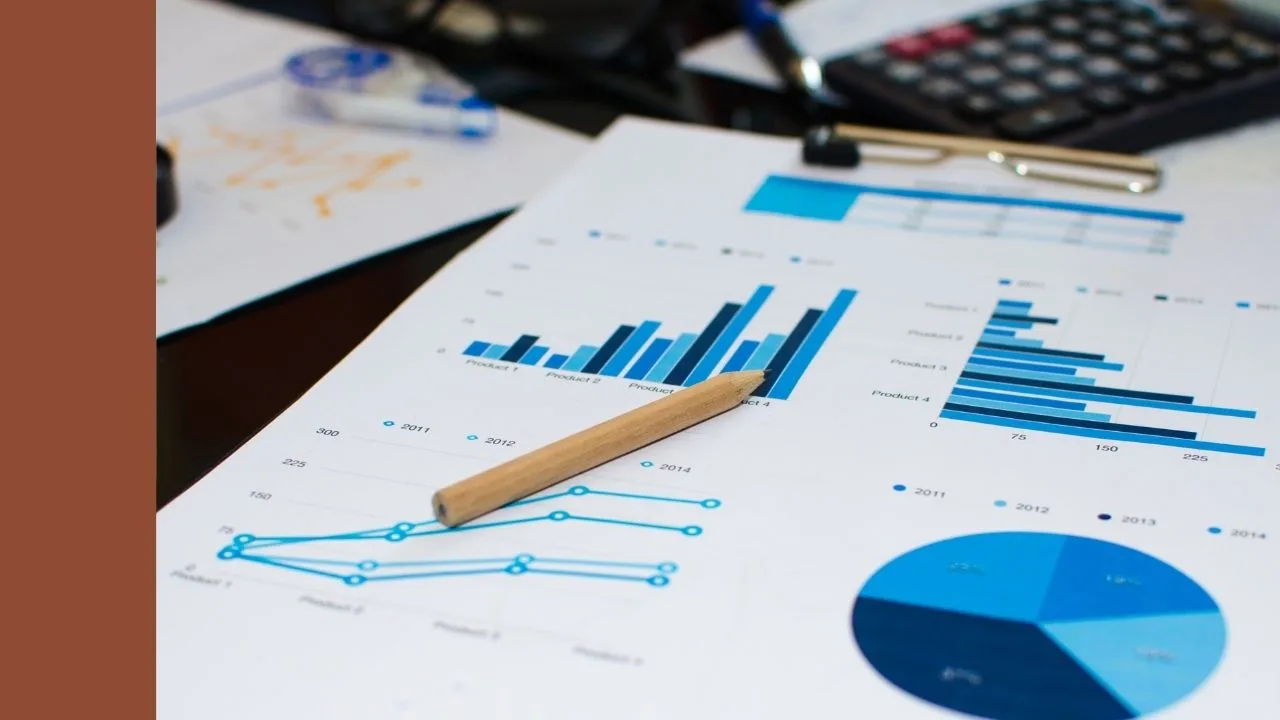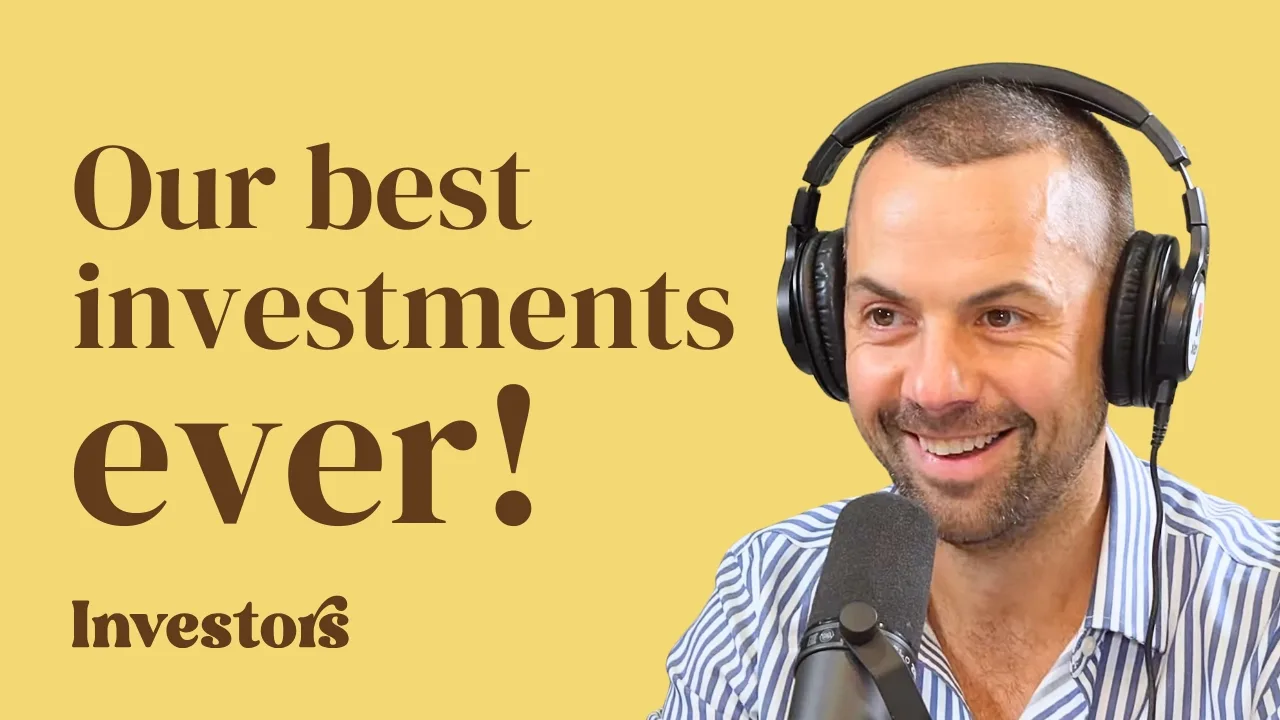Virgin Australia (ASX: VAH) has gone into voluntary administration. What does this mean for shareholders?
What is Virgin Australia?
Virgin Australia is a holding company for Virgin Australia International Airlines, Virgin Australia Domestic Airlines and also Tigerair Australia. Tigerair was acquired by Virgin in 2015.
What has happened to Virgin Australia?
This morning the airline confirmed it had entered voluntary administration to recapitalise the business so that it came out strongly on the other side of the COVID-19 crisis.
Deloitte administrators have been appointed, but it pointed out that Velocity Frequent Flyer is not in administration.
The problem for Virgin Australia is that it has been unable to secure the required support from state or federal governments. Management pointed out it employs 10,000 people directly, 6,000 people indirectly and contributes around $11 billion a year to the Australian economy.
In the meantime Virgin Australia will continue to operate its scheduled international and domestic flights for essential workers, maintaining important freight corridors and to return Australians home.
What will administration do for the company?
At the moment Virgin Australia is trying to reset its cost base, ‘consolidate’ its workforce, ‘simplify’ the fleet, withdraw from unprofitable routes and review & negotiate supplier agreements.
Administration will give the company time to assess the options available. It may be able to negotiate its debt with lenders. It may encourage the government to step in during the final hour. It may mean a buyer can be found for some, or all, parts of the business.
It’s all up in the air though, there is no guarantee of any particular result.
Will shares go to $0?
It’s not certain that Virgin Australia’s shareholders are left with share certificates where the paper is more than the equity.
Administrators would have to do an amazing job to get the current business back to normal operations considering air passenger traffic is almost non-existent.
If there is to be a sale to a private equity group or another airline, for shareholders to get more than $0 then the sale would have to be for a higher price than what all the other creditors are owed – shareholders are the last in line for a claim on the company’s assets.
Only time will tell what happens for shareholders.
Is this good for Qantas (ASX: QAN)?
Investors seem to think so, the Qantas share price is up around 4.5%.
If Virgin Australia goes under with no part surviving then Qantas would be the lone national airline. A dominant position where it could extract higher profit margins from each flight.
There’s a chance another airline could step in to fill. At least for the profitable routes. But Qantas would come out of this in a stronger position. Qantas made a strong point that the government shouldn’t be bailing out any airline (unless all airlines received support).
Normal international travel could be a long way away, so many of the travel shares aren’t my preferred picks right now. I like the idea of these technology shares:
[ls_content_block id=”18457″ para=”paragraphs”]
Disclosure: at the time of publishing, Jaz does not have a financial interest in any of the companies mentioned.




